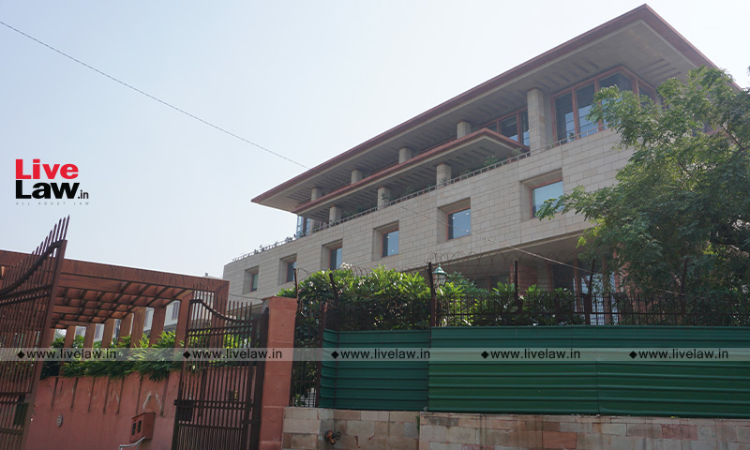The Delhi High Court recently held that Central Government Institutions/ PSUs and Autonomous Bodies other than those explicitly mentioned under the HRA General Rules and Orders are also covered under the Rules.The observation was made by a Bench of Justice Talwant Singh and Rajiv Shakhdher in a case where a contention was raised that Indira Gandhi National Open University (IGNOU) is neither...

